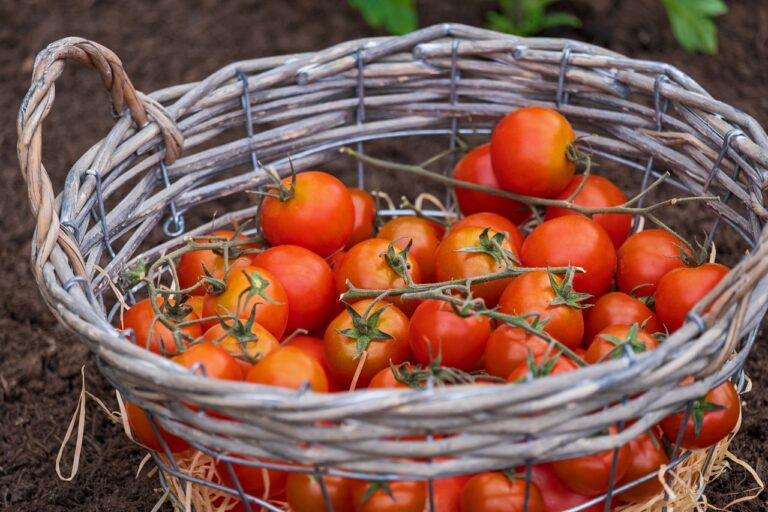The Role of Food Industry in Promoting Food Sovereignty Among Indigenous Communities
Traditional Indigenous food systems play a pivotal role in preserving cultural heritage and fostering community resilience. These food systems are deeply rooted in ancient knowledge passed down through generations, encompassing sustainable agricultural practices and a profound connection to the land. By preserving and promoting these traditional food systems, Indigenous communities not only ensure their food security but also uphold their cultural identity.
Furthermore, traditional Indigenous foods are rich in nutrients and have been proven to have numerous health benefits. These foods are often grown using traditional farming methods that are more environmentally sustainable and are free from harmful chemicals. By incorporating a variety of traditional foods into their diets, Indigenous communities can combat issues such as malnutrition and food-related diseases.
Challenges Faced by Indigenous Communities in Accessing Nutritious Food
Accessing nutritious food is a significant challenge for many indigenous communities around the world. Factors such as geographical isolation, limited economic resources, and lack of infrastructure contribute to this issue. As a result, many indigenous peoples struggle to obtain fresh, healthy foods, leading to higher rates of malnutrition and diet-related health problems within these populations.
Moreover, the impact of historical and ongoing colonization on indigenous food systems has disrupted traditional ways of sourcing and preparing food. Land dispossession, forced relocation, and the introduction of non-traditional foods have eroded the knowledge and practices that sustained indigenous communities for generations. This loss of connection to traditional food systems not only affects physical health but also undermines cultural identity and sovereignty.
– Limited economic resources
– Geographical isolation
– Lack of infrastructure
– Higher rates of malnutrition and diet-related health problems within indigenous populations
The impact of historical and ongoing colonization on indigenous food systems:
– Land dispossession
– Forced relocation
– Introduction of non-traditional foods
– Erosion of knowledge and practices that sustained indigenous communities for generations
The Impact of Globalization on Indigenous Food Sovereignty
Globalization has significantly impacted the food sovereignty of Indigenous communities around the world. The influx of mass-produced, heavily processed foods has threatened the traditional dietary practices and food systems that have sustained Indigenous peoples for generations. As these foods become more readily available and affordable, there is a risk of traditional knowledge and practices being lost, leading to a decline in cultural identity and overall well-being.
Furthermore, globalization has also led to the exploitation and commercialization of Indigenous food sources and traditional crops. Large corporations often overlook the importance of sustainable harvesting practices and ethical production methods, resulting in the depletion of natural resources and the disruption of traditional food systems. This not only undermines the food sovereignty of Indigenous communities but also perpetuates inequalities and injustices in the global food system.
What is food sovereignty?
Food sovereignty is the right of people to have control over their own food systems, including the ability to produce, distribute, and consume food in a way that is culturally appropriate and sustainable.
Why is it important to preserve traditional indigenous food systems?
Preserving traditional indigenous food systems is important for maintaining cultural identity, promoting health and well-being, and preserving the environment.
What are some challenges faced by indigenous communities in accessing nutritious food?
Indigenous communities often face challenges such as loss of traditional lands, limited access to fresh and healthy food, and the impact of climate change on food production.
How does globalization impact indigenous food sovereignty?
Globalization can have negative impacts on indigenous food sovereignty by promoting the spread of unhealthy, processed foods, undermining traditional food systems, and increasing reliance on imported foods.







